The Objective in Life
Let’s talk about an inevitable facet of life and something most people are afraid of – death.
This recap is part of Infinite Lives, Infinite Hopes, VenTalk’s series exploring death and what comes after.
By Goh Siqi • 3 minute readMINDFULNESS OF DEATH
As a teenager myself, I seldom pondered deeply on human existence and death (partially because I am young and death seems far away). But things are otherwise starting from 2020. In that unfortunate year plagued with a deadly epidemic and social unrest, I cannot help but feel a sense of empathy and sorrow at the countless loss of lives. The increasing death tolls recorded did nothing but to worsen the uneasy feeling of death that is revving up in me.
Death is scary, morbid to me and my natural instinct is to avoid it. But as I watched the VenTalk series, I realised that Buddhism has a different approach. In Mindfulness of Death (Part 1) Venerable Ben Si said that while death is scary, it is necessary. He later explained that without fear, we will not be mindful and conscious of death, culminating into complacency where the Buddha’s teachings are forsaken. There will be no impetus for cultivation which is unfortunate. On the other hand, fear of death is tantamount to a driving force that impels us to make discerned choices- to start long term planning; to plan for the future. But why? Why do we need to plan for the long term? This brings me to the next topic: Rebirth. Rebirth is a cornerstone of Buddhism. We believe that there are infinite lives after death and that life thereafter is correlated to the merits reaped in our present lives. To attain better conditions in our next lifetime, we must now accumulate the merits sufficient to land us in the happier realms.
REBIRTH
“If you want to know what kind of life you led in your past life, look at your present life. If you want to know what kind of life you will have in your next life, look at your present life.”
This is an old Buddhist aphorism that is certainly food for thought.
In today’s session, I learned about samsara. There are six realms of existence namely: Heavens, Humans, Asuras (aka Demi-gods), animals, hells, and hungry ghosts. Life in either of the six realms is not forever. When one lifetime comes to a complete end, another cycle of birth and death will commence. Good deeds lead to birth in the higher realms while evil deeds result in birth in the three lower realms. To my astonishment, the shortest lifespan in heaven is 45 million years! That is so long!
Although accumulating merits for future lifetimes is widely encouraged, we must not fall into the trap of 三世怨 (known as the Plight over Three Lifetimes). Plight over Three Lifetimes describes one’s initial plan to practice Buddha’s teaching for happiness in the next life but is, unfortunately, disinterested in it when he attains the fruition in the second life. He may forsake the teaching, exhaust all merits and accumulate negative karma in the process, hence falling back to miserable realms in the third life.
BUDDHAHOOD IS A SOLUTION TO PLIGHT OVER THREE LIFETIMES
As a Buddhist, Buddhahood should be the ultimate meaning of infinite lives. Noble ones who attained Buddhahood are known to be in a state of bliss and happiness from which there is no more rebirth. But to attain it requires dogged determination and persistent effort across lifetime. According to Buddhism, the mind or consciousness moves from one life to the next. We can bring our character, wisdom, compassion and learning to subsequent life. By obtaining high-status rebirth, Buddhahood is rendered possible. The conditions for high-status rebirth are Excellent teacher, Complete teaching and Harmonious community. These attributes are of paramount importance, allowing us to meet and practice the Buddha’s teachings life after life!
If you have vested interest in today’s topic of discussion or simply have an overriding zeal to learn the dharma, do tune in to VenTalk that will be held on the 1st and 3rd Saturdays of every month.
Rejoice!


